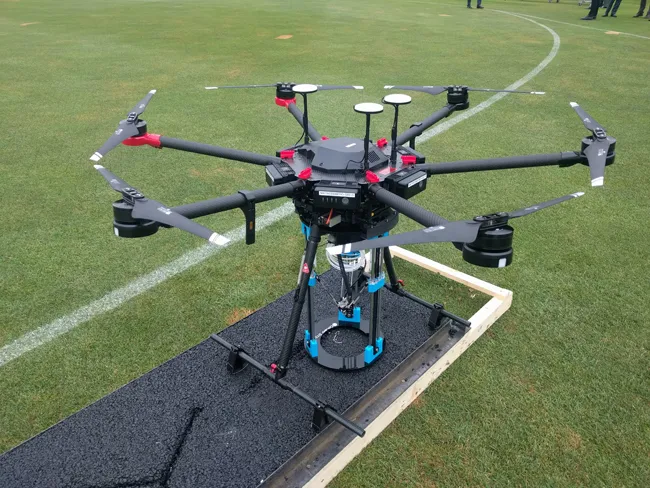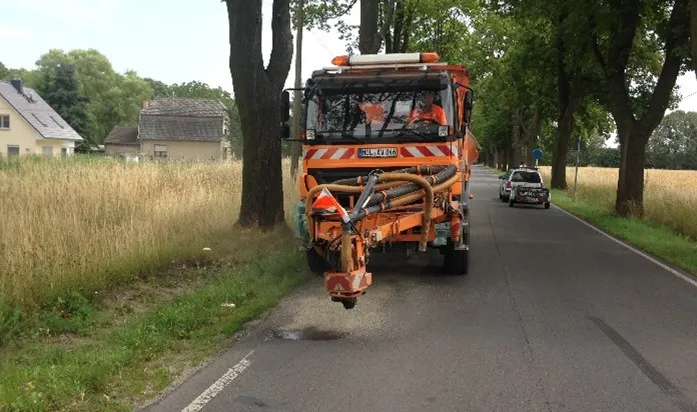Ontario-based WS Tyler is offering three innovative new systems to the North American market. The company is a subsidiary of German firm Haver and one of its new concepts is the new Haver Pelletising Disc, which converts fines into marketable pelletised product.
February 27, 2012
Read time: 2 mins

RSSOntario-based 3004 W.S. Tyler is offering three innovative new systems to the North American market. The company is a subsidiary of German firm Haver and one of its new concepts is the new Haver Pelletising Disc, which converts fines into marketable pelletised product. W.S. Tyler is also offering is the Haver Hydro-Clean, a high-pressure washing unit that cleans heavy clay-contaminated material while using up to 75% less water than standard screws and log washers. Meanwhile W.S. Tyler's Computerized Particle Analysis System (CPA) can analyse particles as small as 10microns to determine size, shape and quantity up to 10 times faster than traditional sieve analysis methods. The Haver Pelletising Disc transforms wasteful fines into a transportable and salable product for various fill applications and other uses. The proprietary technology minimises recirculation loads typical of traditional discs by up to 20%, resulting in significant production and profit increases. The novel direct-drive technology works without a gear box and hydraulic coupling, eliminating the maintenance required for traditional components. The efficiency of the drive minimises energy losses within the system and reducing energy costs up to 5%. Capable of handling feed material up to 150mm in size, the Haver Hydro-Clean employs rotating, high-pressure nozzles to spray clay-contaminated material with pressures up to 200 bar. The washing unit removes silt and clay particles as small as 6 microns from mineral mixtures and offers high throughput. Compact and lightweight, the machine also uses up to 90% recycled water. Lastly W.S. Tyler's CPA technology uses a digital line camera to measure particles up to 10 times faster than with conventional sieve methods. With up to 20,000scans/second, the CPA's high-resolution line camera captures particle shape and size and records the quantity. Using an automatic sample feeder, the CPA can be automated to run operator-free and the system is available in various sizes.









